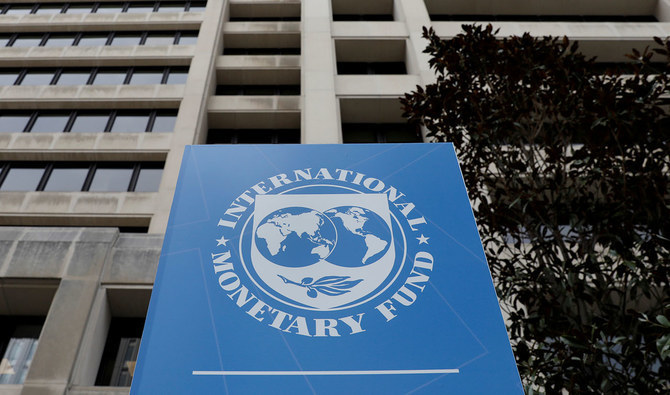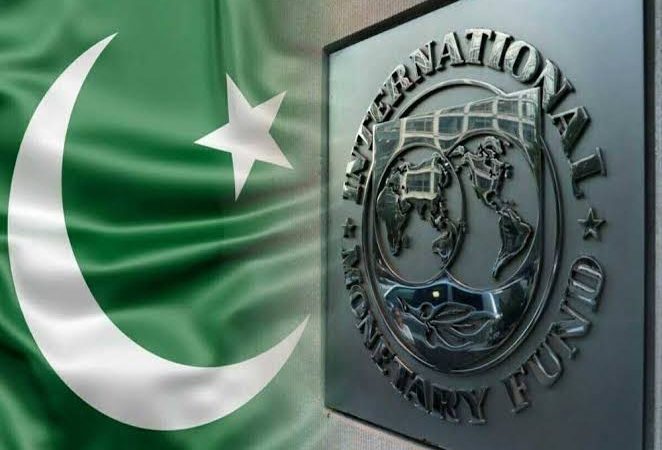Introduction: The International Monetary Fund (IMF) has urged Pakistani officials to expand the country’s tax base by implementing reforms in the agriculture, real estate, and retail sectors. This article delves into the IMF’s recommendations, examines the potential benefits and challenges of taxing these sectors, and discusses the implications for Pakistan Economy. IMF’s Recommendations for Tax
Introduction:
IMF’s Recommendations for Tax Reforms
Benefits and Challenges of Taxing Agriculture, Real Estate, and Retail Sectors

Image by: https://www. arab news.pk
Implications for Pakistan’s Economy
Conclusion:
Visual Table for Key Points:
| Key Points | Details |
|---|---|
| IMF’s Urgent Call for Sector Taxation | Pressing Need to Tax Agriculture, Real Estate, and Retail in Pakistan |
| Challenges and Opportunities in Agricultural Taxation | Unraveling the Complexities of Taxing the Agricultural Sector |
| Taxing Property for Financial Stability | IMF’s Push to Strengthen Finances through Real Estate Taxation |
| Balancing Growth and Fiscal Responsibility in Retail | Taxing the Retail Sector for Economic Stability |
| Navigating the Complexities of Sector Taxation | Challenges and Controversies in Implementing Taxation Strategies |
| Potential Effects on Farmers and Rural Economy | Assessing the Impact of Agricultural Taxation on Rural Communities |
| Transforming the Urban Landscape through Property Taxation | Reshaping Cities with Real Estate Taxation Strategies |
| IMF’s Strategy to Harness Revenue from Retail | Leveraging Taxation to Extract Revenue from Consumer-Driven Sectors |
| Pakistan’s Approach to IMF’s Taxation Recommendations | Government Response and Implementation Strategies |
| Long-Term Effects of Sector Taxation | Speculating on Economic Outlook and Financial Stability in Pakistan |
Organic Keyword Usage:
IMF, Pakistan Economy, Sector Taxation, Agricultural Tax, Real Estate Tax, Retail Sector, Economic Stability, Government Response, Financial Impact, Long-Term Effects.
Introduce the Knowledge Source:
Embark on an exploration of Pakistan’s economic landscape as the IMF issues a pressing call for taxing key sectors to bolster financial stability. Gain insights into the details, challenges, and potential impacts of levying taxes on agriculture, real estate, and retail.
Intriguing Introduction:
Meet Dr. Hasan Khan, an economist specializing in South Asian economies. In this article, he dissects the urgent call from the IMF for Pakistan to tax key sectors, exploring the complexities, challenges, and potential transformations in the country’s economic landscape. Join Dr. Khan in navigating the intricacies of sector taxation and its implications for Pakistan’s financial stability.

















Leave a Comment
Your email address will not be published. Required fields are marked with *